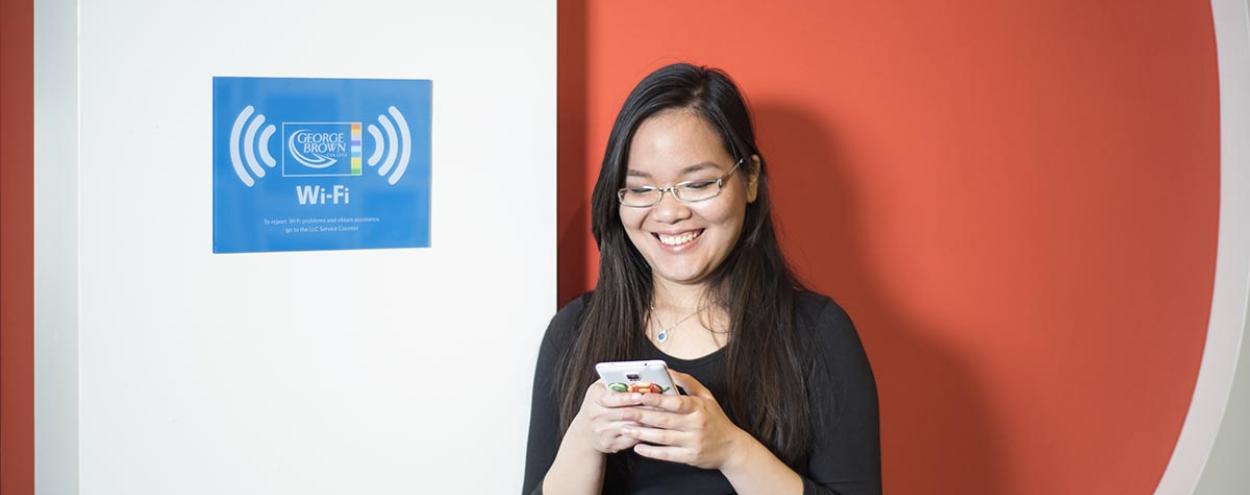
These are difficult times for everyone and the uncertainty can increase our stress and anxiety. All of us are being asked to make important sacrifices and we may need support in order to adjust and find some sense of normalcy in our day-to-day lives.
George Brown College Counsellor Aarti Dhanda has put together some tips to help us protect our mental health and lift our spirits.
As we move towards online learning, it can help to dedicate a specific area of your home to studying. This way, when you are done studying, you can enjoy your space for relaxation. Research indicates that studying in a different area than where you sleep or relax can increase productivity and boost your mood. It can be a desk, dining table or just a corner of your room.
Maintain parts of your regular routine. For example, are you lounging in your PJs all day? It can help to get ready the way you would if you were going to school and schedule a consistent time to work on your online studies.
Reach out to classmates and friends. Can you set a time to study together or just support each other via FaceTime or other video chat apps? Remember you can always connect via Blackboard.
We often end up mindlessly scrolling through social media only to notice that we feel worse afterwards. It’s okay to take a break and focus on self-care. If you are feeling well enough, you might want to try doing some light exercise via an online class or YouTube video, reading for pleasure, cooking something you enjoy (or even virtually cooking with a friend), colouring or painting, taking a bath, opening your window to get some fresh air or watching an inspirational video. Online, you can find virtual painting classes, virtual concerts and Facebook groups that allow you to connect with others in a meaningful way.
Get information from reputable, evidence-based sources. Reminding ourselves of the facts can help bring our anxiety down, instead of allowing our minds to wander over to “What If?” Island. Mindfulness can help you bring yourself back to the present. Notice your surroundings. Think about what you’re grateful for and what you’re privileged to have.
Compassion can go a long way in combatting fear and the feeling of lack of control or helplessness that many of us may be experiencing. This includes both self-compassion and compassion for others. Remember that we have control over remaining connected to each other, so reach out to friends and family.
Utilize grocery delivery or online pharmacy services. If needed, you can also access the Daily Bread Food Bank, which is operating with special precautionary measures.
If you need urgent support, you can find a list of resources on George Brown’s website.
Remember, we are in this together and there are many tools available to help you cope.
